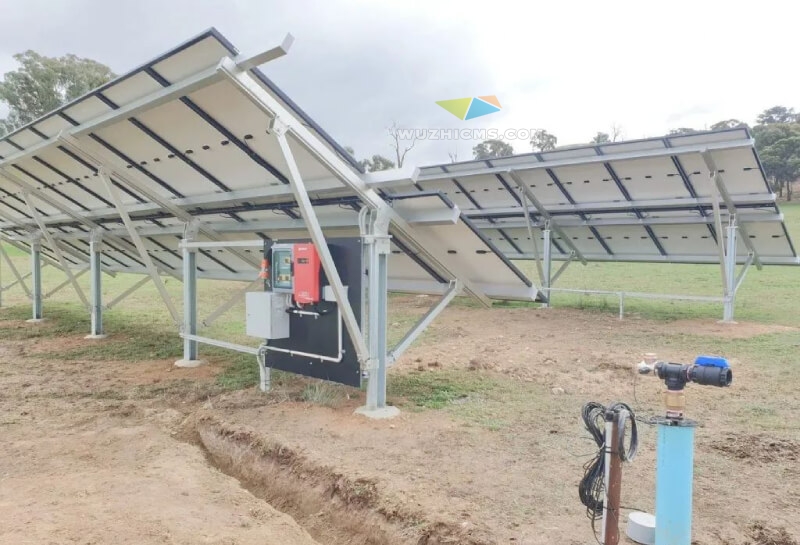The More Affordable, Easier But Often Underrated Solar Water Pumps
 namkoo solar
namkoo solar
Commodore Independent Energy Systems (Australia) evaluated how much customers could save by using solar-powered water pumps compared to diesel or power-connected pumps.

Image: Commodore Independent Energy Systems
Water pumps have long been an important part of Commodore Independent Energy Systems Australia's business. Matt Miller, the company's marketing manager, told PV Magazine's Australian office that the company sends out 10 to 15 pumps every week.
Commodore Independent Energy Systems recently analyzed how much money customers, mainly farmers, could save by choosing solar-powered water pumps over diesel, gasoline or pumps connected to a power source. The company found that at the largest end of the scale, it could save A$44,837 (about $33,550) a year.

However, few farms need a pump of this size, so their savings won't amount to such a staggering percentage. Nonetheless, Commodore Independent Energy Systems found that customers can save AU$1,793 a year with a medium-sized solar pump - equivalent to the basic running costs of a diesel pump for 2.77 years. Compared to grid-tied utility power, customers can save AU$1,404, which would cover 3.54 years of running costs.
Miller points out that these figures don't even include the cost of diesel or travel for repairs, which can be expensive.
"[Solar water pumping] is a renewable energy source ...... is also a cost-effective energy source." Miller said, noting that people often underestimate them.
That said, most farmers or other customers don't expect solar water pumps to pump anywhere near their level of capacity. Of course, solar-powered pumps only operate during the day, but Miller says they still perform well in shaded areas and during cloudy weather. The ground-mounted solar panels that power the pumps can also be mounted at high elevations, Miller says, noting that on a recent job, the panels were placed about 300 meters away from the pumps and connected by cable.

Batteries can also be mounted on the pump so they can be used on command. Although Miller says only about 10 percent of the solar pumps installed by Commodore Independent Energy Systems include batteries.
While the pumps are most commonly used by farmers to irrigate their crops, the company has installed pumps to supply water to drought-stricken villages as part of humanitarian projects in remote areas of Papua New Guinea. The advantage of solar-powered water pumps is that they require much less maintenance than diesel pumps and do not require fuel, making them more suitable for developing and remote communities. Within the last six months, the solar pumps have also begun to integrate remote app access and monitoring, which allows customers to stop and start the pumps and irrigation from their cell phones.



































